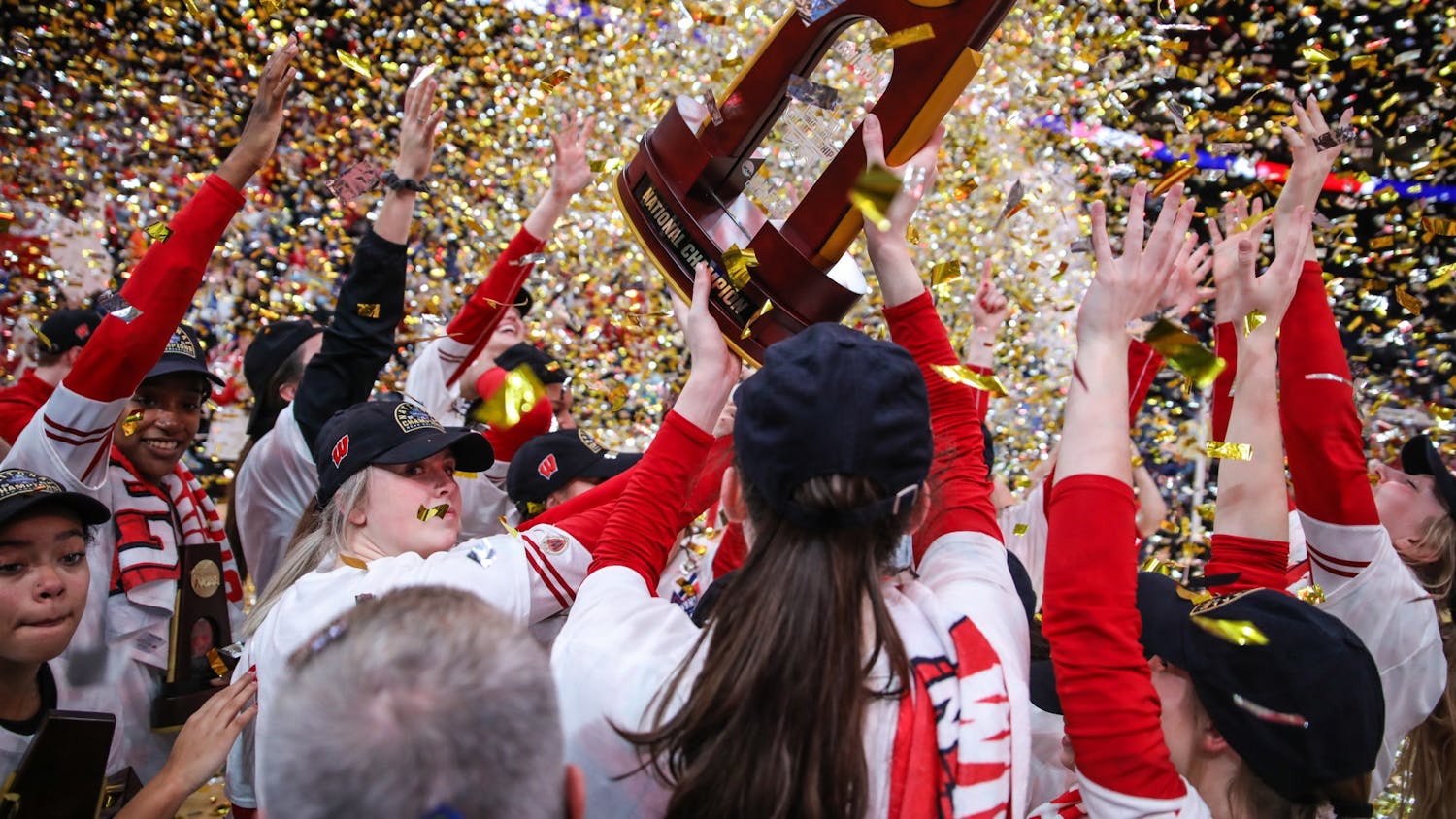Sport, at its best, gives us a glimpse into the world as it could be. Pure. Beautiful. At its worst, and all too often, it reflects back at us the world as it is.
Let’s recap the last few weeks for Seattle Seahawks’ cornerback Richard Sherman.
It started with a bit of postgame sportsmanship toward San Francisco receiver Michael Crabtree. “Good game, hell of a game.”
Then, there was the rant on national television: “I’m the best corner in the game.”
The backlash begins here. He was called a classless thug, and many worse things that I won't dare mention here. Then, according to Newton’s third law of viral videos, there was an equal and opposite reaction to that backlash.
Sherman, it turns out, escaped from the streets of Compton as salutatorian of his graduating class, left Stanford partway to a master’s degree and is now a pro-bowl cornerback in the NFL.
Some, if not most of his defenders acted as if somehow his academic background meant it was OK for him to talk, though those without such a story should remain silent. One of my favorite quotes from Washington Post columnist Clinton Yates sums up the situation quite nicely, I thought: "Loud, screaming black men are not by default, thugs."
It wasn’t always the case that athletes were apolitical corporate property, afraid to go off script and lose valuable sponsorship money. The sporting arena is not a world of whitewashed purity, as we have been led to believe. Athletes have a long history of being forces of societal change.
After Sherman went rogue, I immediately wondered how the millennial generation would have reacted to Muhammad Ali’s “I am the greatest” speech. What would the issue-attention cycle have been like if Twitter existed when in 1968 Olympic athletes Tommie Smith and John Carlos went shoeless to their medal ceremony to protest poverty and held up their fists during the national anthem to show support for the black power movement?
A lot of Sherman’s backlash is attributable to the individual aura built around the sport of football: conveniently ignore the inherent violence and the toll it takes on these athletes’ bodies, while discouraging any semblance of violence outside the confines of the NFL rulebook.
The night before the NFC Championship game, the Calgary Flames and Vancouver Canucks of the NHL started a game with a team-on-team brawl. Not one second on the clock had expired and both teams were swinging away. Not a second thought was given to the incident or the angry interviews by representatives from both teams.
Richard Sherman's public opinion swing is all about perception.
In the coming days, Sherman stood by his principles and spoke his mind about the racist and classist undertones in which the incident was being discussed. Musicians, artists, actors, business leaders and other public figures are encouraged to be principled. Athletes, like Sherman, are oftentimes shunned for having controversial opinions.
LeBron James, when he entered the NBA, said he had two goals: be a global icon, and be the richest athlete to walk the earth. These goals can supplement each other to an extent, but being a true, principled icon means speaking your mind to the exclusion of all else.
When Sherman later sat in a press conference and talked about the word “thug” and its connotations in contemporary vernacular, he also endeared himself to many. CNN Money estimates the Seahawks’ cornerback stands to make $5 million after the rant brought him to notoriety.
Sherman, in today’s Youtube clip driven world, has been given an image. That image, for the near future, is marketable. In the more distant future, strategic quotes and appearances can retain the success of his image as a marketing tool. But athletes will never have the chance to shift cultural paradigms as long as this correlation between money and opinion exists.
Once he agrees to become a spokesperson for a popular brand, like Gatorade or Nike, Sherman's image will be tied to millions of dollars. And when millions of dollars are on the line, there aren’t going to be chances to bring up the n-word, or do anything else to rock the boat. His voice will be effectively filtered to maintain profitability.
This leaves no platform to be a true harbinger of change. Jackie Robinson was willing to risk his life playing the game he loved in order to change history. Ali was willing to risk prison time. Sherman will simply have to forego a lot of money to be the same sort of political and cultural force.
In today’s consumer-driven world of athletics, I just don’t see it happening.
What are your thoughts on Richard Sherman’s postgame interview? Email babachman@wisc.edu and let Brett know your thoughts.





